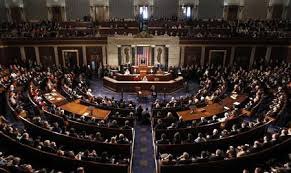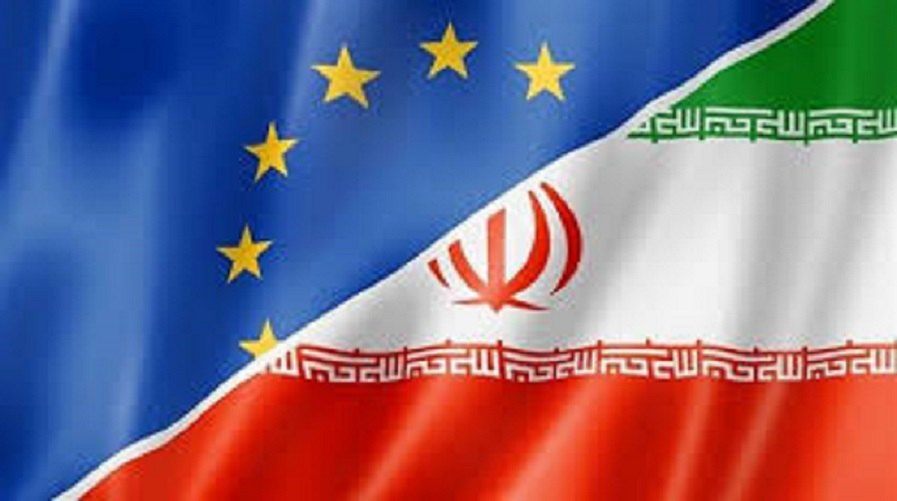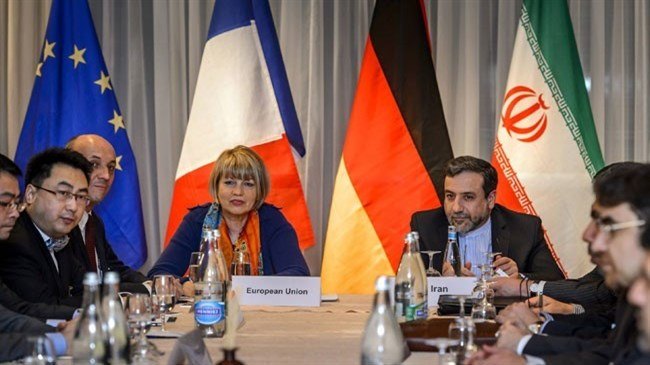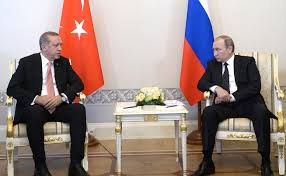Drafting Comprehensive Nuclear Agreement
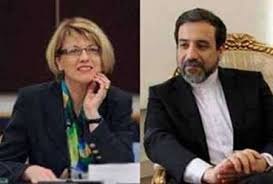
Mahdi Shapouri
The final deadline to draft the comprehensive nuclear agreement approaches its end and so the talks are in a critical phase. Based on the latest developments one can say that the talks have been moving forward and all parties are serious to reach a final point.
The opponents in Iran are of the view that the negotiators should not accept an obligation which includes giving access and inspection permission to military sites by the IAEA. For them, accepting the Additional Protocol implies giving access to spies from other countries to reach the country’s security and military data, though this does not seem to constitute the reality. In fact, given the professional background of the Iranian President and the Foreign Minister, it will not be logical if some believe that they will accept obligations potential of endangering national security of the country.
In the US also while the President signed the Congress act on possible revision of the nuclear agreement, which indeed has no effect, the opponents continued their pressure on Obama Administration and called for halting the talks and putting more pressures on Iran. Participation of a number of Republican hardliners like Bolton and McCain in a meeting in Paris against nuclear talks in the last May, has been the peak of futile activities against Obama’s Administration approach.
In fact, admitting the Additional Protocol does not equal to granting American spies access to military sites. The Protocol talks about managed access rather than free and unconditional one. In case of a dispute between the IAEA and a member state, environmental sampling is a mechanism to solve the problem. So, there is no such visit or inspection as mentioned in paragraphs 2 and 3 of article V which envisages that if environmental sampling and access was not possible, the member state would have to immediately provide the IAEA with other logical means to meet the agency’s requests.
According to the Protocol, in case the IAEA suspects anything, it should raise its reasons for a request to access. The other party should have the opportunity to prepare for verification and facilitating solutions, in the meantime, the IAEA is obliged to protect all technological as well as industrial confidential information that receives from a state party.
At the current situation, extension of the talks is not in Iran’s interest and the Iranian side should emphasize on conclusion of the talks as soon as possible. However, if the situation was not that much satisfactory and another short term extension is needed, they should consider this option as well.

